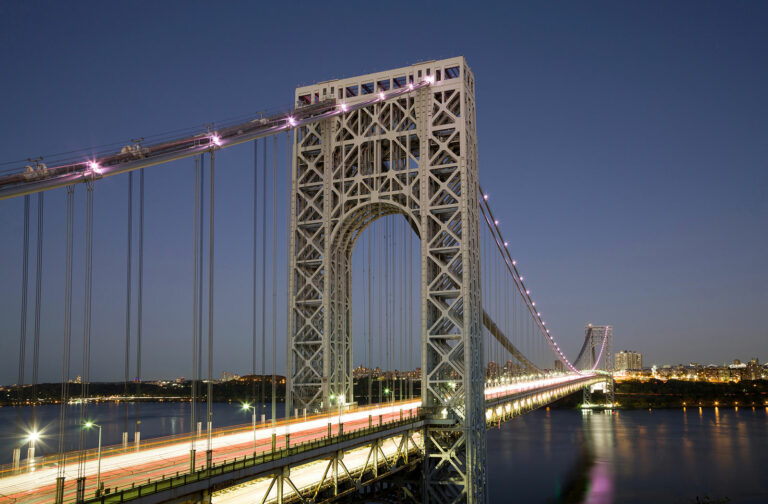Faster Disaster Recovery when it matters most
Recover from natural disasters and secure FEMA emergency funds more quickly with automated real-time asset inventory and condition assessment from Blyncsy.

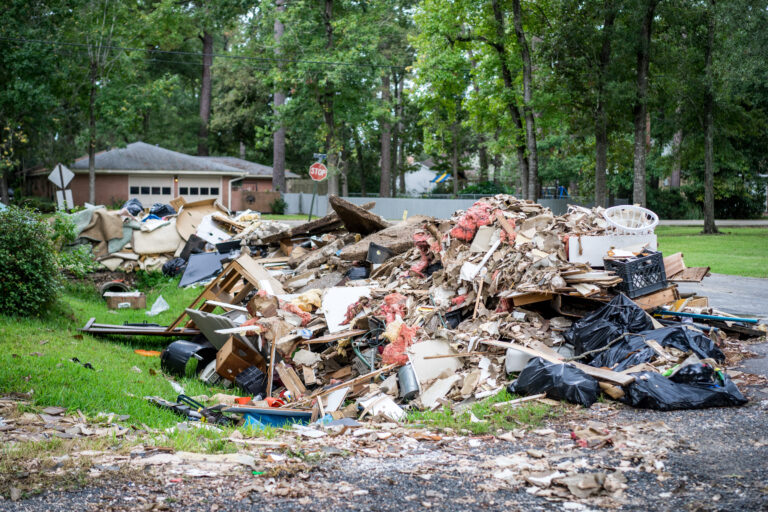
We Designed our Technology to Save Lives
Empowering State and Local Agencies for Faster Disaster Recovery
Natural disasters can wreak havoc on infrastructure, leaving roads, bridges, and other critical assets damaged or destroyed. For state and local Departments of Transportation (DOTs), the aftermath of such events poses significant challenges—not only in terms of physical recovery but also in securing federal emergency funding and FEMA reimbursements.
The traditional methods of assessing damage through manual inspections are often time-consuming, costly, and resource-intensive, further delaying recovery efforts.
Automated Damage Assessment
Sign Inventory and Condition Assessment
Using before-and-after imagery, our AI analyzes damage to road assets, identifying where signs are missing, pavement repairs are needed, and other infrastructure damage. This allows agencies to quickly assess the full extent of the damage without deploying human inspectors to dangerous or inaccessible areas.
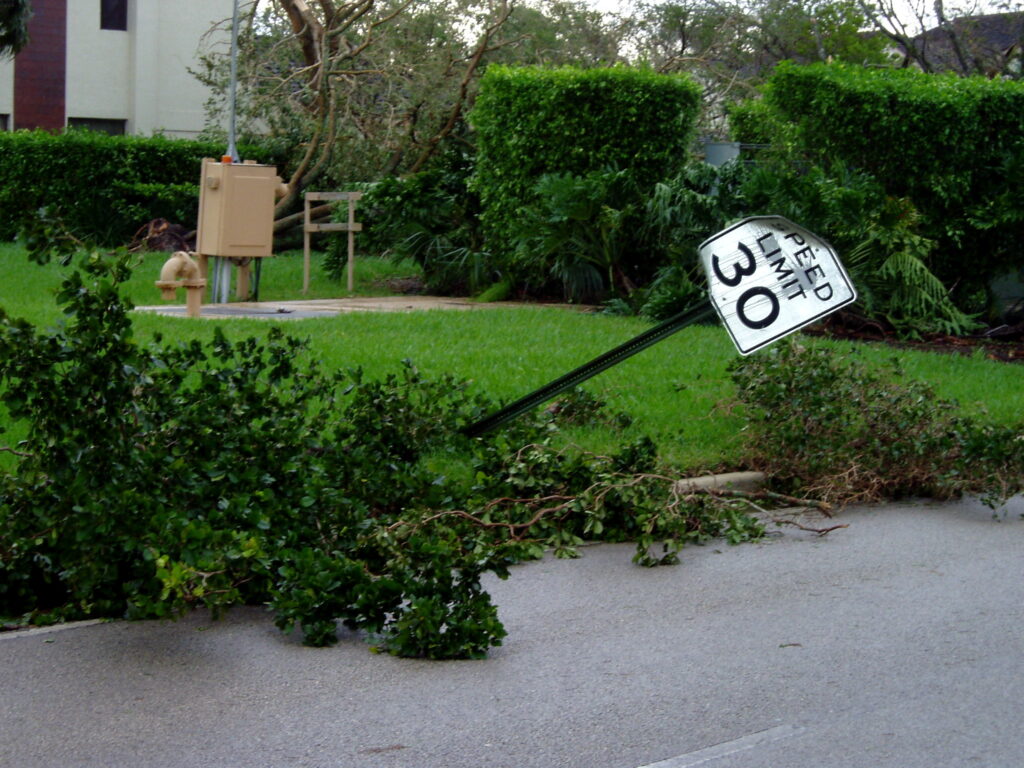
Significant Cost Savings
Focus your resources on infrastructure repairs
By automating asset inventory and damage assessment, Blyncsy helps agencies save 90% or more compared to traditional manual inspection processes. This frees up financial resources that can be better spent on immediate recovery efforts.
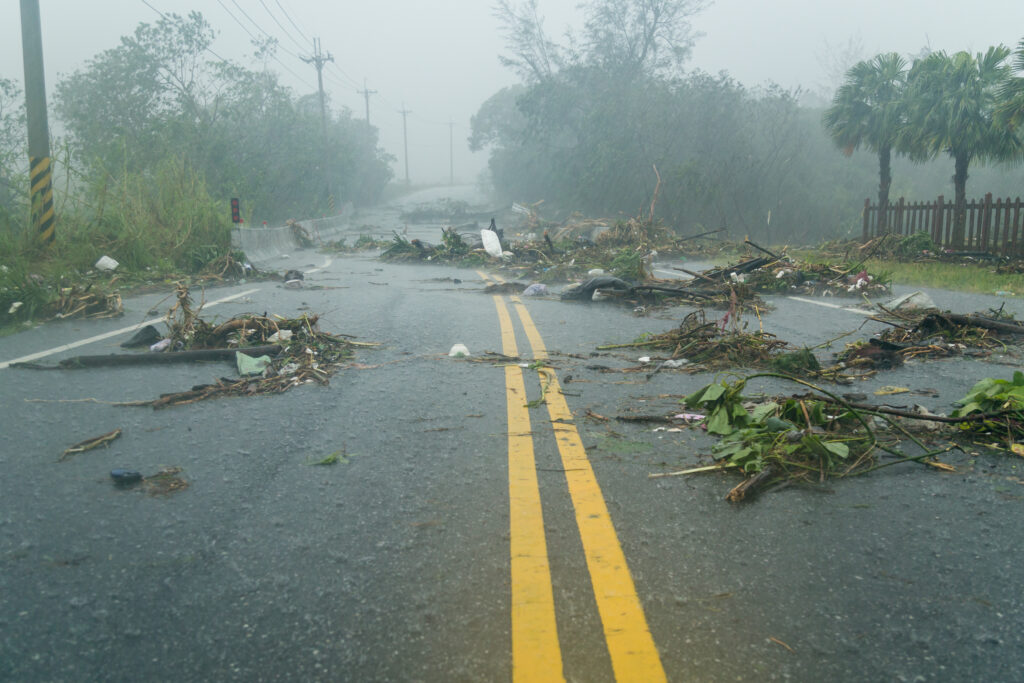
Emergency Funding
Accelerate access to federal funds by identifying needed repairs quickly
With rapid and accurate damage reports, DOTs can expedite their applications for FEMA reimbursements and other emergency response funds. The faster an agency can provide detailed and verifiable damage assessments, the quicker they can access the federal support necessary for recovery.
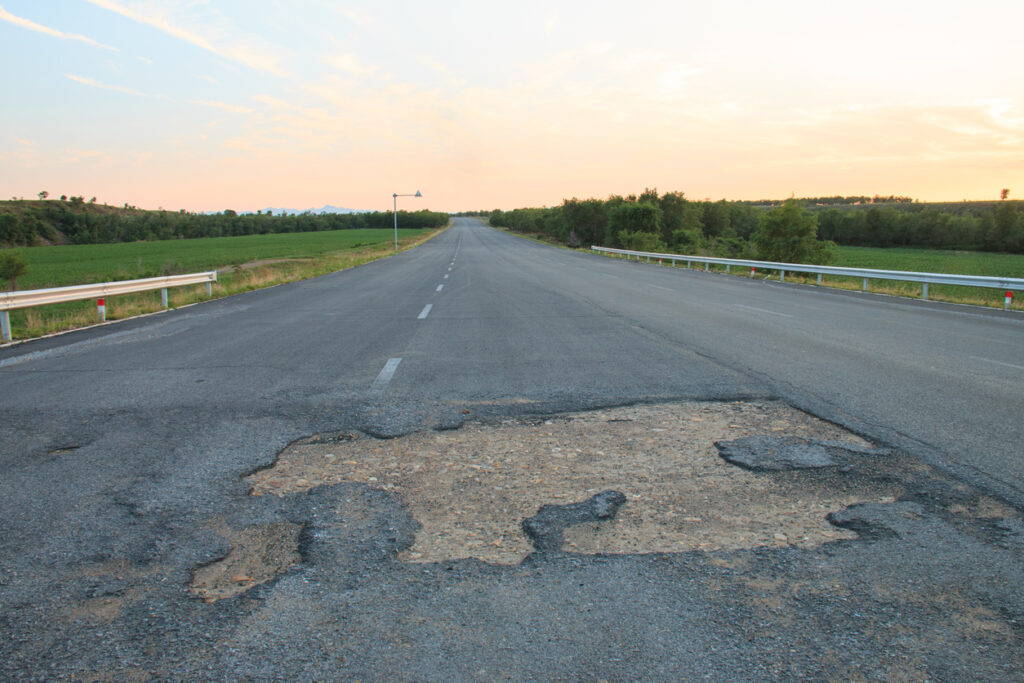

The high cost of manual inspections
After a disaster, agencies typically spend weeks, if not months, assessing damage manually. According to industry estimates, these processes can consume more than 10% of an agency’s overall disaster recovery budget, not to mention the opportunity cost of diverting skilled labor away from direct recovery work. With recovery costs from recent disasters like hurricanes and wildfires reaching billions of dollars, reducing these overheads is more critical than ever.
Because your community matters
Blyncsy does it differently
Blyncsy is making a Real World Impact
While Blyncsy’s disaster recovery services are innovative, our track record in supporting DOTs across the country is well-established. We currently work with the Hawaii Department of Transportation (DOT), Alaska DOT, Alabama DOT, Utah DOT, the Port Authority of New York & New Jersey, the City of New York, and the City of Fort Worth. Our technology has been instrumental in helping these agencies maintain their infrastructure in peak condition, and now, we’re extending that expertise to disaster recovery.
Lahaina Wildfires 2023
The devastating Lahaina, Hawaii wildfires in 2023 serve as a stark reminder of the destructive power of natural disasters. By analyzing before-and-after imagery from roads throughout the Lahaina area, Blyncsy was able to identify damaged or missing assets automatically, helping Hawaii DOT make repairs more quickly. With this technology, Blyncsy can provide state and local agencies with the actionable insights they need to not only recover but also secure critical federal funding more quickly.
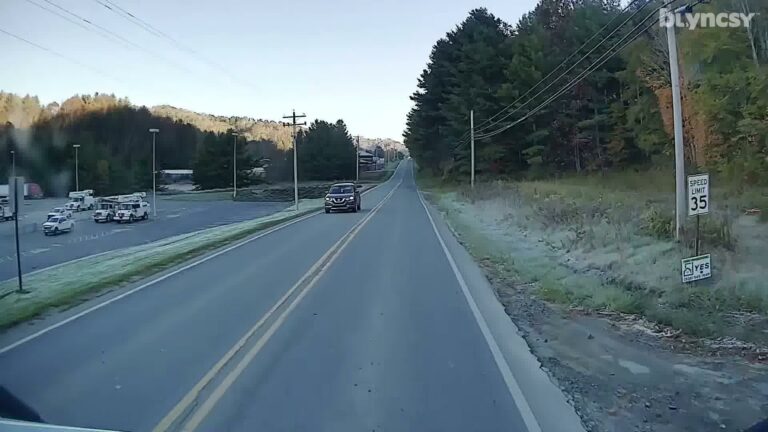
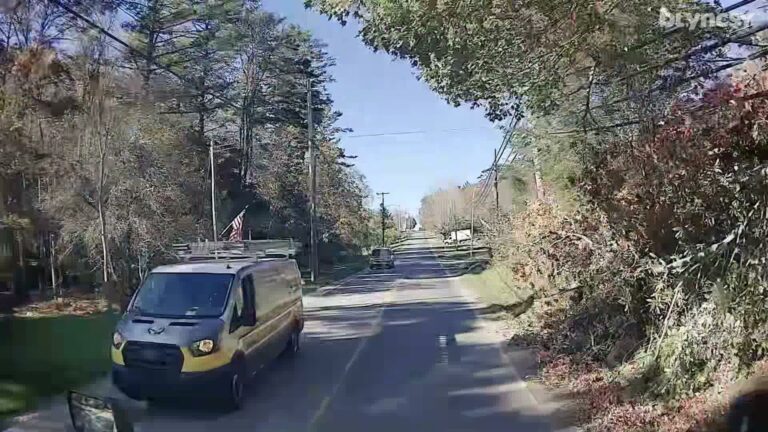
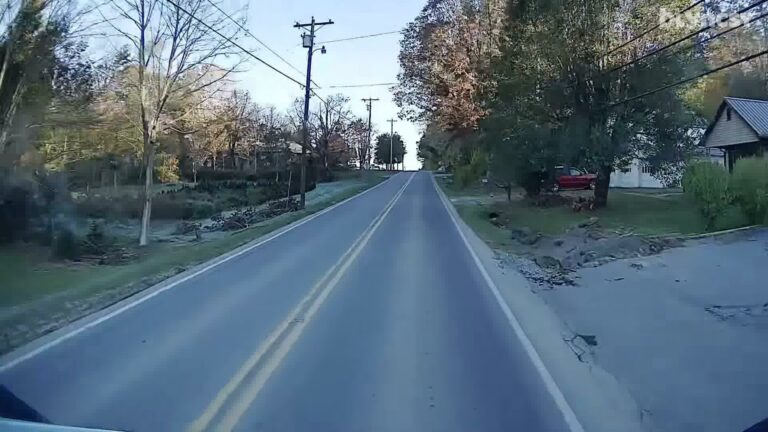
Hurricane Helene 2024
The widespread destruction of Hurricane Helene in 2024 hit the state of North Carolina the hardest. With towns unreachable and communications hampered, NC DOT turned to Blyncsy to help provide real-world confirmation of road conditions and closures. By tapping our crowdsourced dash camera network, Blyncsy was able to provide North Carolina DOT with real-time status of road conditions, including closures, to compare to their existing data.


